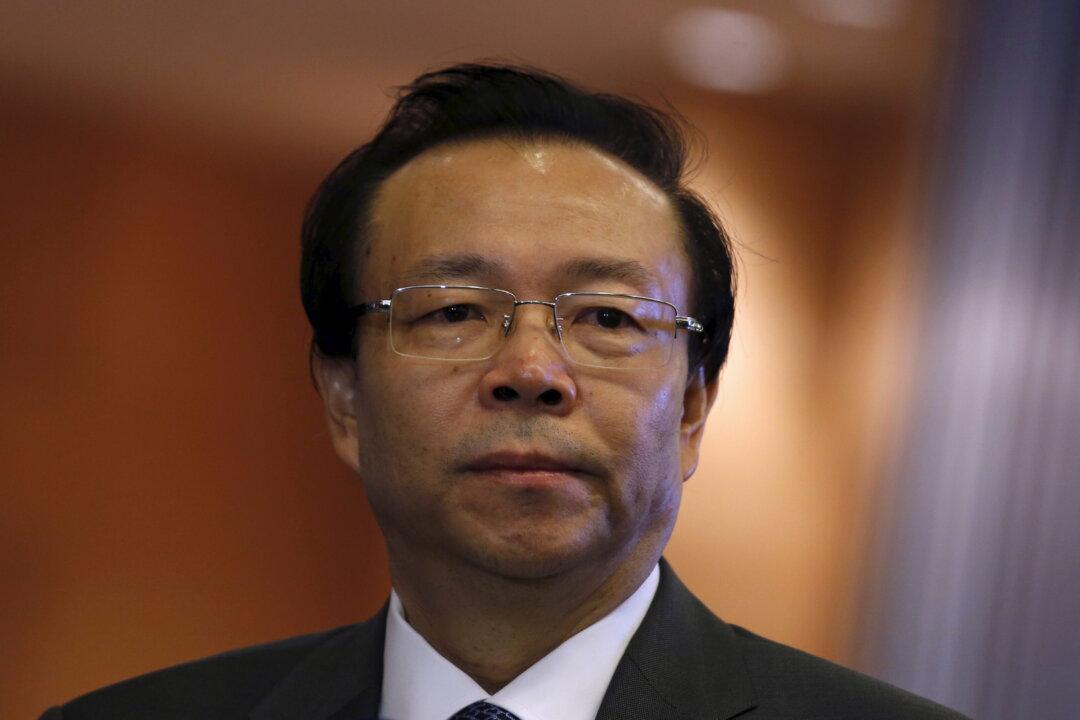BEIJING—The former chairman of China Huarong Asset Management Co. has been sentenced to death, a court in the northern city of Tianjin said on Jan. 5, in one of the country’s highest-profile corruption cases.
Lai Xiaomin was convicted of receiving or seeking bribes totaling 1.788 billion yuan ($276.72 million) from 2008 to 2018, when he was also a senior banking regulator, according to the Secondary Intermediate People’s Court of Tianjin.





